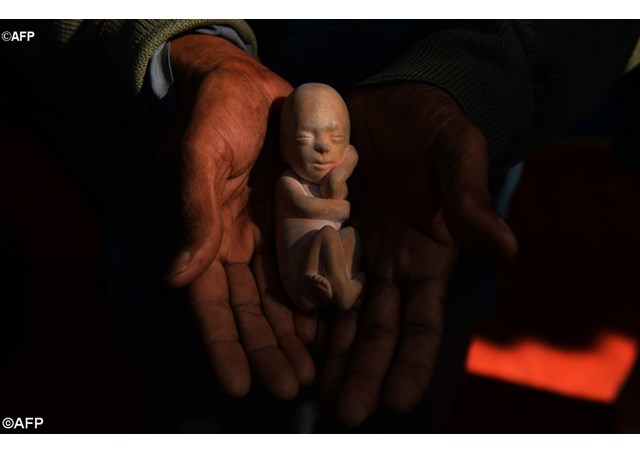-
Tips for becoming a good boxer - November 6, 2020
-
7 expert tips for making your hens night a memorable one - November 6, 2020
-
5 reasons to host your Christmas party on a cruise boat - November 6, 2020
-
What to do when you’re charged with a crime - November 6, 2020
-
Should you get one or multiple dogs? Here’s all you need to know - November 3, 2020
-
A Guide: How to Build Your Very Own Magic Mirror - February 14, 2019
-
Our Top Inspirational Baseball Stars - November 24, 2018
-
Five Tech Tools That Will Help You Turn Your Blog into a Business - November 24, 2018
-
How to Indulge on Vacation without Expanding Your Waist - November 9, 2018
-
5 Strategies for Businesses to Appeal to Today’s Increasingly Mobile-Crazed Customers - November 9, 2018
1st `in womb’ stem cell trial next year
A clinical trial that tests injecting foetal stem cells into babies that are still inside mummy’s tummy has been announced, with scientists hoping that this particular procedure could help help unborn babies diagnosed with brittle bone disease. The stem cells, which are taken from terminated pregnancies, are meant to improve outcomes for people with the genetic disorder by compensating for their inability to form collagen.
Advertisement
Spokeswoman Josephine Quintavalle says, “it could never be right no matter what the other ethical considerations are”. This is the first experiment of its ilk in the world and in the United Kingdom, which is to be carried out by a Swedish team in Great Ormond Street Hospital. They will receive stem cell injections in the womb and again after birth. This disease makes foetuses more prone to fractures, and in most of the cases, the new born might already come out of the mother’s birth canal with a fractured skull. It is hoped the stem cells, which are able to transform into a range of tissues, will lessen symptoms of incurable brittle bone disease.
Prof Lyn Chitty, from Great Ormond Street Hospital told BBC “This is a very serious disease. Our objective is to see if in utero (in the womb) stem cell therapy can ameliorate the condition and the number of fractures”.
Advertisement
Another group of 15 will be treated after birth, and the health problems of each group will be compared with those of untreated children. The design of the trial, which lacks a placebo-controlled arm, has made a few observers sceptical about its ability to prove whether the stem cells are effective, primarily because the severity of the symptoms of the disease vary from patient to patient. Doctors believe that starting the therapy earlier in the child’s development will increase the effectiveness of the treatment. “It is the first in-man trial and, if successful, it will pave the way for other prenatal treatments when parents have no other option”.





























